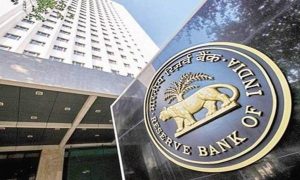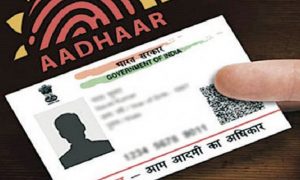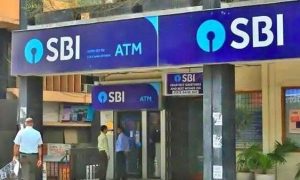If you are looking to seal the deal on your dream house this Diwali, make sure to check your credit score as you finalise the paperwork. When you apply for a loan from a bank or a housing finance company, it is bound to check your credit score. Lenders prefer borrowers with higher scores, offering them their best rates along with easier terms.
A lower credit score can mean steep interest rates or even a no.
Also Read– Rama Ekadashi 2024: Date, Parana Time, Puja Rituals and Significance
Why it matters?
All retail floating-rate home loans sanctioned since October 1, 2019 are linked to an external benchmark for determining interest rates. For most banks, the repo rate, which the Reserve Bank of India (RBI) sets, is the external benchmark.
The effective interest rate – what is charged to the home-loan borrower – is made up of the repo rate, the spread that the bank decides and the credit risk premium, which is determined by the borrower’s credit score. Your credit score, therefore, can lead to a significantly lower interest rate burden.
Read More: Dhanteras 2024: Puja Vidhi, Mantra, Significance Of Deepdaan And All About This Festival
Over the years, credit reports and scores have become an integral part of retail loan and credit card application evaluation processes.
A credit score is an important metric as it indicates the borrower’s creditworthiness. Computed by credit information companies such as TransUnion CIBIL, Equifax, Crif, and Experian, the score depends on several factors including your repayment track record, unpaid credit card dues, number of loans and credit cards in your portfolio or even loan applications, errors in credit reports and so on.
Also explore: Free credit reports and regular credit score updates on the Moneycontrol app and website.
Read More: Dhanteras 2024: Why buying a ‘Broom’ on Dhantrayodashi is considered lucky
Credit scores and interest rates
This is how credit history is interpreted: the higher the score, the lower the chances of a default.
The score can range from 300 to 900. People with credit scores of over 750-800 are highly coveted by lenders. Those with below-average scores have to pay the price, literally, in terms of higher interest rates or even loan denials.
Bank of India (BoI), for instance, offers a card rate of 8.4 percent per annum to borrowers with a credit score of more than 825. If it’s between 800 and 824, borrowers pay 10 basis points more. For credit scores between 760-799 range, the interest rate 8.7 percent.
Read More: Diwali 2024: Tips to maintain a healthy sleep routine to get quality rest despite the festivities
One basis point is one-hundredth of a percentage point.
Once a home-loan contract is signed, banks cannot change the spread over the external benchmark for at least three years, though they can offer rates with narrower or wider spreads to new borrowers.
The RBI’s external benchmarking rules allow banks to reset the credit risk component if their assessment indicates that the borrower’s credit profile has undergone a substantial change. Your lender will indicate the magnitude of change in credit scores that will result in rate rejig in your loan contract.
Also Read:- Are Banks Open Tomorrow On Saturday?
If your credit score has worsened, your bank can revise your interest rates (that is, the credit risk component) upwards. If it has improved, you can renegotiate the rate.
It is likely that your bank will accept your contention that you are eligible for lower rates. If the lender refuses, you can consider switching to another lender. Many lenders offer friendlier terms and conditions, including processing fee waiver, to lure borrowers with good credit profiles.
For more news like this visit Officenewz.com

































